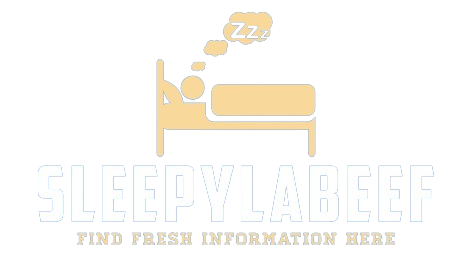You have data on your suppliers and are monitoring their behaviour, performance, and adherence to the terms of their contract with you. But how can you manage that connection actively? It’s one thing to recognise that your suppliers are underperforming. Another thing is to assist them in getting back on track. When things go wrong or when you want to improve supplier performance, you need an efficient way to handle the situation. Active engagement and collaboration between you and your suppliers are required for effective supplier relationship management. This requires an effective governance framework, the correct supplier engagement approach, and a variety of targeted, collaborative activities. Supplier relationship management software tools (SRM) assist businesses in streamlining supplier selection and on-boarding, supplier performance tracking and assessment, supplier document management, and other critical supplier-related procedures.
Such software attempts to assure dependable supplier procurement, provide end-to-end visibility of supplier cooperation workflow, and increase supply chain resilience. Supplier relationship management (SRM) systems centralise supplier-related data, automate supplier pre-qualification and scoring, assist with contract and procurement administration, and provide a supplier portal for simplified communication with multi-tier suppliers. When combined with HR management software, an SRM system can cover the functionality of vendor relationship management software for staffing needs and managing relationships with contingent workers, service contractors, and freelancers. Supplier relationship management software can be offered as a standalone software product or as a module or component of supply chain suites. Supplier relationship management software must interact with buying software, supply chain planning software, and supply chain visibility software if given separately. You may get a 260 percent yearly ROI using SRM software.

Look for software tools that constantly strives to include the following critical elements in SRM projects that may provide the customer with additional value throughout SRM processes like providing a high degree of automation, advanced analytics for supplier performance and effective search engine.
A product must meet the following requirements to be included in the Supplier Relationship Management category:
- Manage supplier information such as price or certifications.
- Provide criteria and methods for assessing vendor performance.
- Assist consumers in selecting the best provider for certain activities
- Ensure that vendors follow internal policies and laws.
- Establish and maintain authorised supplier lists
- Conduct supplier audits to uncover potential problems.
Remember to seek for software that can assist you in controlling company activities across the supply chain, planning and forecasting demand, and more.








